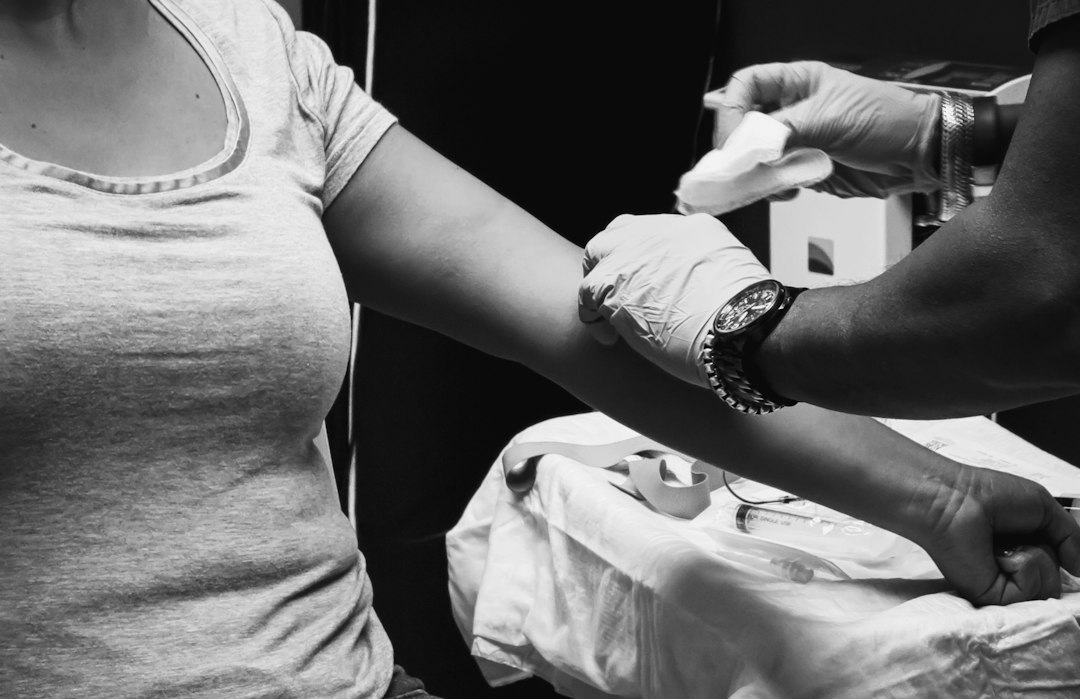
Latest News


Breakthrough findings for schizophrenia treatment monitoring
Intrusive monthly blood tests could be safely reduced for many people receiving long-term clozapine treatment for schizophrenia according to a new study by the Queensland Centre for Mental Health Research.
Research lead Dr Korinne Northwood said patients are monitored to prevent a condition called neutropenia where the body doesn't produce enough white blood cells to fight infections.
“The risk of developing neutropenia is extremely low after the first four months of use and regular monitoring could be discontinued after two years based on data from more than 26,000 patients.
“Our findings suggest we can review current monitoring rules to improve the use of clozapine and reduce the burden of long-term monitoring on patients and healthcare services.”
Research shows of the small number of people who experienced a serious neutropenic event, the majority experienced it within the first few months and a negligible amount occurred after two years.
Dr Korinne said despite its proven efficacy in treating treatment-resistant schizophrenia, healthcare providers may hesitate to prescribe clozapine due to neutropenia concerns.
“Low white blood cell levels are common in the general population and this is unrelated to clozapine use.
“Someone who has a low white blood count prior to clozapine use may be denied access under the assumption that it could lead to severe neutropenia but our data shows this is unlikely.”
Clozapine is the most effective medication for reducing psychotic symptoms, hospital admissions and mortality for people with treatment-resistant schizophrenia.
This is the largest and longest retrospective study on clozapine treatment and includes 32 years of data from Australia and Aotearoa New Zealand.
Established in 1987, QCMHR is funded by Queensland Health to work state-wide and contribute to the local, national, and global research efforts to improve mental health.
This study has been published in The Lancet Psychiatry
For further information:
Dr Korinne Northwood, Lead Investigator.
Media contact:
Laura Corcoran,

HEAD OFFICE
Level 3, Dawson House
The Park Centre for Mental Health Treatment
Research and Education, Wacol, QLD 4076
P: +61 7 3271 8660
ACKNOWLEDGEMENT OF COUNTRY
In the spirit of reconciliation, the Queensland Centre for Mental Health Research (QCMHR) acknowledges the Traditional Owners of the lands in which QCMHR operates and their continuing connections to land, waters and community. We pay our respects to Elders past and present and stand together with all Aboriginal and Torres Strait Islander peoples.
